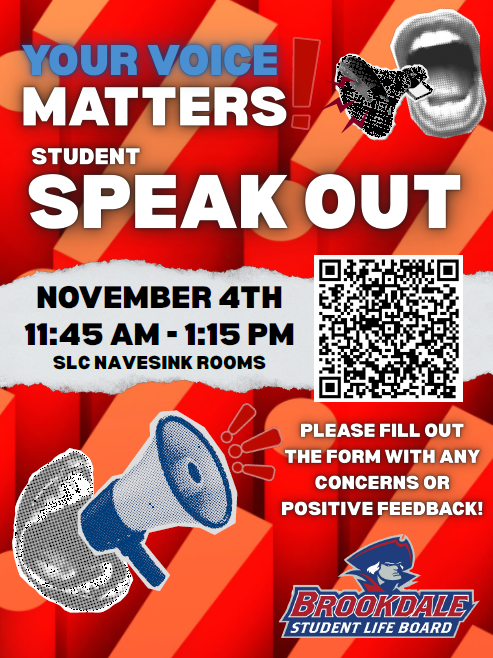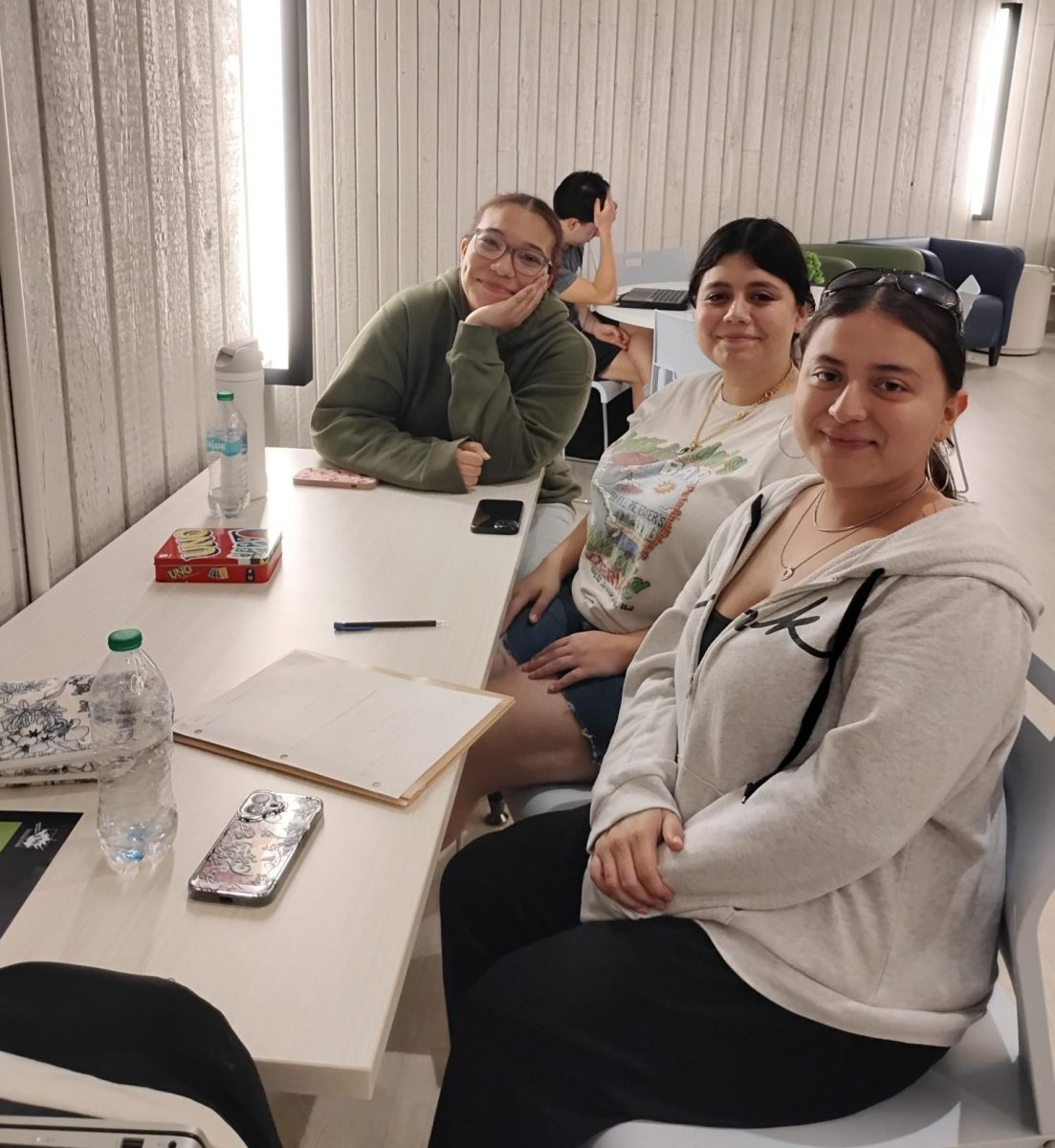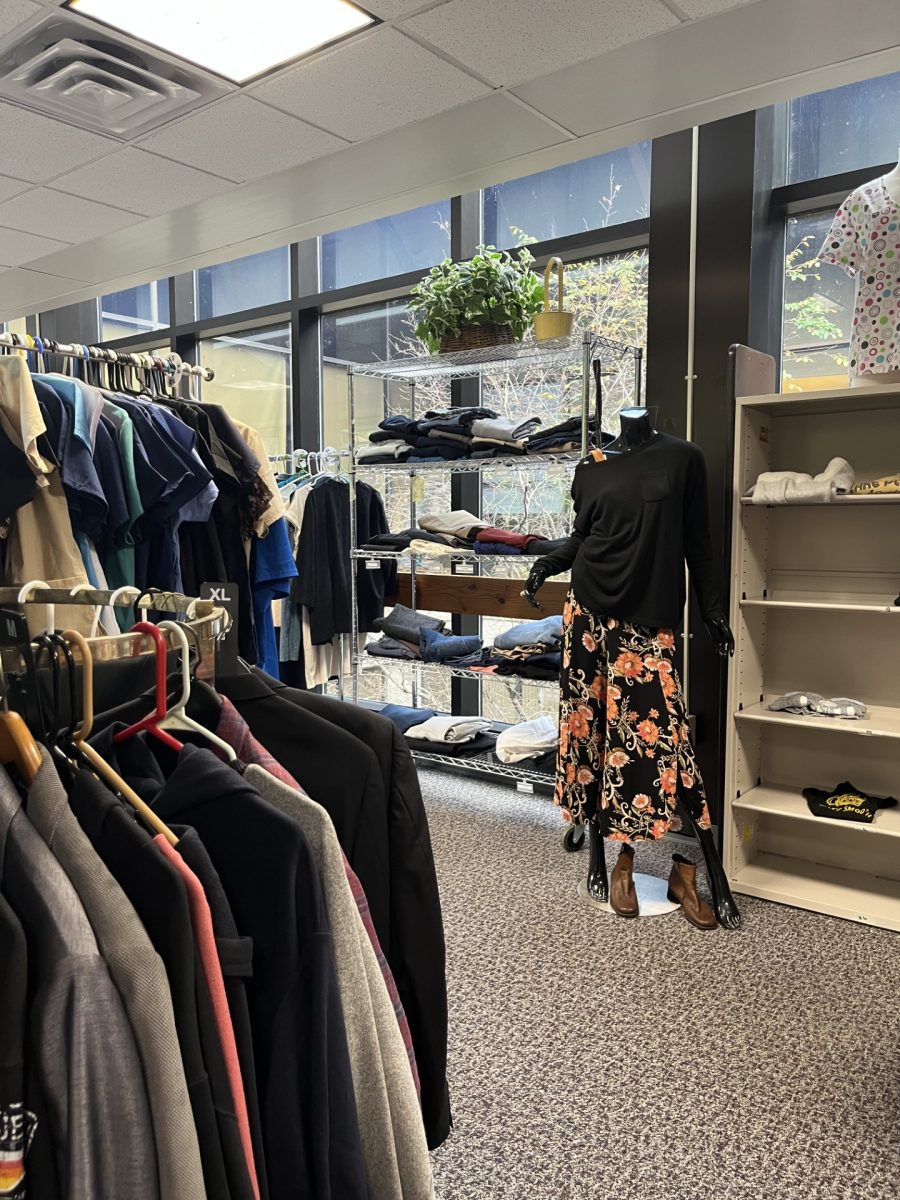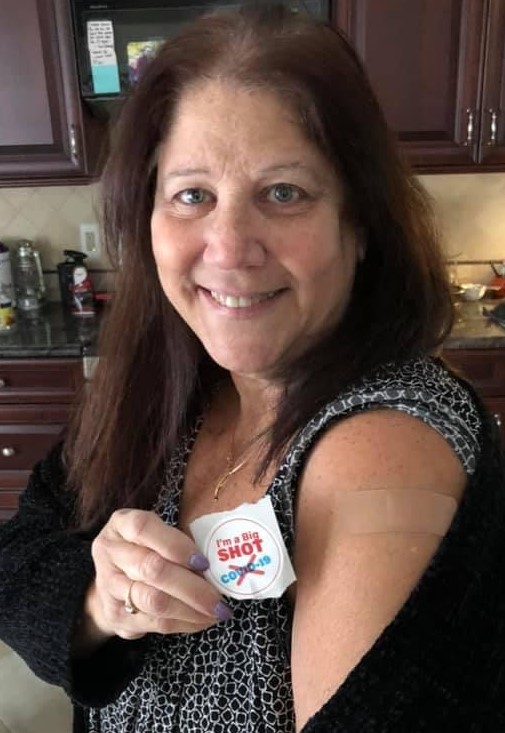Frontline Nurse Who Works with Covid Up Close Asks Others to Follow CDC Guidelines
April 28, 2021
In Feb. 2020, Laurie Karmel, R.N., was briefly out of work with a back injury. When she returned to Robert Wood Johnson University Hospital in New Brunswick, she discovered that one of the two intensive care units she normally supervises was converted to a Covid 19 unit. Not only that, the hospital was in chaos.
“I was suddenly faced with the daily care of the sickest patients I had ever seen. This was disaster nursing, and I was totally unprepared,” she said. “Covid patients were stable one minute and, in the blink of an eye or a mere breath – coding!”
Coding is slang for a hospital patient suddenly experiencing cardiopulmonary arrest or multiple organ failure. “The worst part,” Karmel explains, “there was little or nothing available to prevent it or prepare for it. The lab work was new to me. I had to learn what it all meant to provide adequate care. Yet despite understanding what the numbers represented, they were virtually useless and could change the minute I walked out of the room.”
Karmel, 62, has been an Intensive Care Unit nurse for 40 years. Originally from Brooklyn, she now lives in Marlboro and is an adjunct professor, teaching nursing at New Jersey City University, Wall campus. But nothing prepared her for Covid 19. “It was chest crushing – the sense of helplessness was unbearable. I was no longer an experienced ICU nurse, one capable of having a gut feeling so I could prepare for what I feared/suspected would happen. My patients were dying; it was devastating.”
North Jersey, and Bergen County in particular, became an epicenter. Refrigerator trucks were brought in across the state, including one positioned in front of Robert Wood Johnson University Hospital, to store the bodies because the morgues were overwhelmed. Karmel dreaded each day’s work assignment during the surge: “I prayed every day I worked to be told I was placed that day in the non-covid unit. However, the need was not there. Covid-19 patients were overwhelming the health care system and became our primary focus.”
There was also a shortage of personal protection equipment for the frontline workers. Karmel shared: N-95’s that were originally used as one-time-use only masks were now being used for 13-hour shifts. We were told – ‘Don’t remove it! It breaks the seal!’. So, we went without hydration or nutrition. There was no time for that anyway.”
Karmel continues: “I didn’t take my mask off because placing it back on was so painful. The mask had to be tightly fitted to prevent transmission of the virus. However, when worn for extended periods, the tight fit caused the masks to repeatedly rub the skin on your face and behind your ears creating raw wounds. We had no choice but to ignore the pain – the chaos of what was unfolding around us demanded all of our attention.”
As the cases began to climb, all hospital visitations were suspended, and student nurses were removed from the clinical setting. Additional masks were placed over N95 masks and goggles, shields, and protective gowns were worn for entire 12-hour-plus shifts. “More protection meant no chance for a sip of water, frequent headaches from breathing in your own carbon dioxide, and little or no time to even use the bathroom. Patient-nurse assignments in the ICU that used to be 1 to 1 were now 3 to 1. Emergent situations occurred simultaneously, throughout the shift. It was a never-ending disaster drill, only it was real.”
Karmel describes her patient interaction: “We went in and performed the necessary treatments and if a patient were able, we would hand them an iPhone to face-time with loved ones. Often, however, face-time communications were facilitated by us enabling the family to see and check in with their sedated and vented loved ones. If we could find a moment, we held our patient’s hands, talked to them, addressed their anxiety (prioritizing it above our own) and hoped it made a difference. We also tried to find time to talk to and address the needs of the patient’s families – oh their torment! It broke my heart… every day.”
Karmel addressed the question of how nurses shift from a hospital setting during a pandemic, to home: “Some left home for months rather than put their families at risk. Some lived separately in their own homes. I decided to change out of scrubs at the hospital, then change out of the clothing I wore in the hospital garage and in my car as soon as I got home. I had a robe waiting in my garage and I ran into my bathroom to practically burn my skin and hair in a shower. It also gave me a place to shed my tears.”
Now that the treatment and understanding of Covid-19 has improved since last year at this time Karmel discussed the staff changes at RWJ University Hospital’s ICU unit: Several nurses, after working in our Covid-19 unit, have decided to leave their full-time positions at my hospital to accept travel nurse positions. The travel nurse can literally go anywhere in the United States or remain in New Jersey but work where the agency sends them. The understanding is that they will work only with Covid-19 ICU patients but will be paid a small fortune to do so. They have lost their fear.”
Karmel shares that she is frequently asked, “Why did you and do you continue to be an ICU nurse? And I reply that the camaraderie among my co-workers is the link to understanding why we are here. We became family. We are not heroes, we are nurses. We are called to this field – we are doing what we are supposed to do. We are given a chance to make a difference in someone’s life or death.”
Karmel’s final request: “All I ask is that you take the necessary precautions – wear a mask, social distance, don’t congregate in large groups. By keeping yourself safe, you will be keeping your community and its healthcare workers safe too.”

























